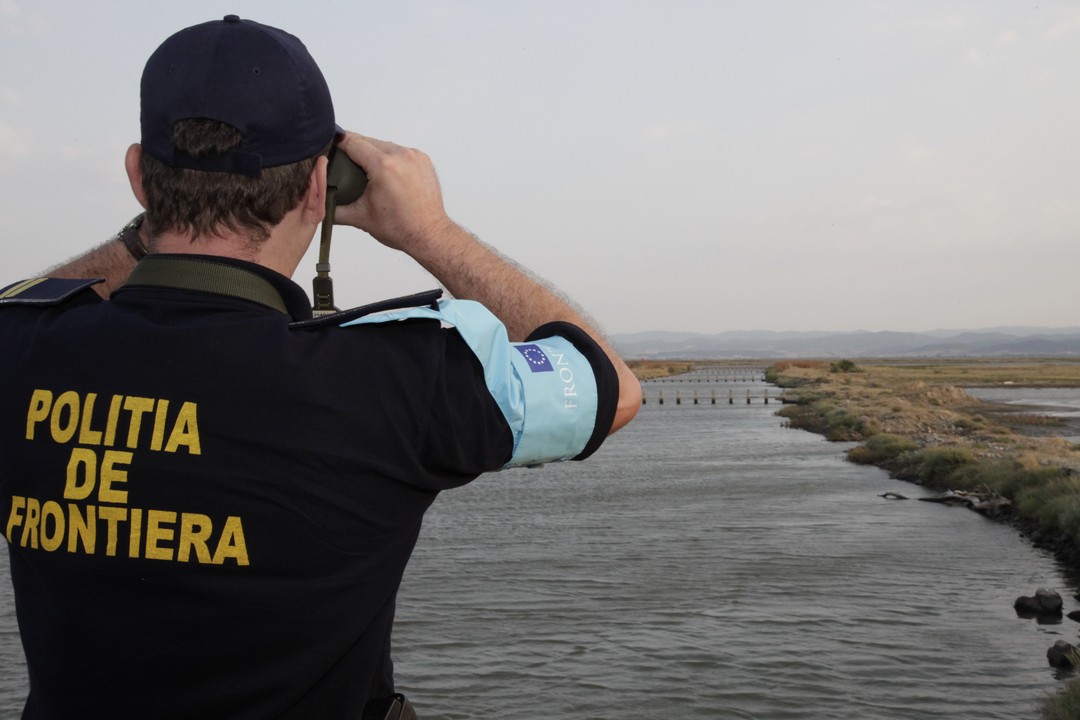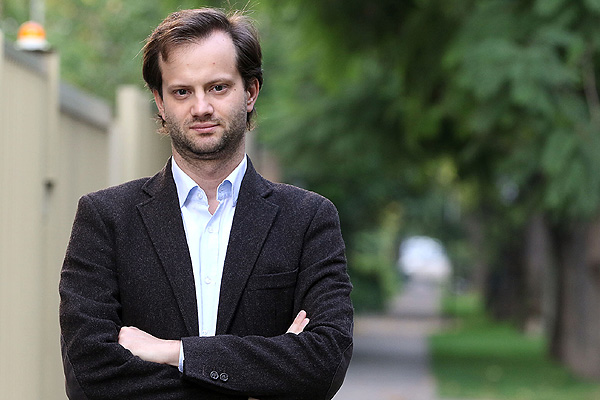 |
| Add caption |
Frontex Risk Analysis Reports
Q1 and 2, breakdown and highlights
In the light of the fact that
Frontex has converted in to the official border security and cost guard of the
European Union as of September of this year I would like to dedicate this
post to this institutions efforts
of trying to control the general migratory flow to Europe and its handling of
the Syrian crisis during the first two quarters of this year to latter update
this post when the third and fourth quarters come out next year to analyze the
dynamic migratory situation that Europe is going through, especial focusing on the change in Frontex's mandate which gives
it more powers and if it has any kind of effect on the migratory flow.
Frontex Quarterly Reports Risk
Analysis Network Quarter (Q) 1 and 2 of this year/ Summaries and highlights:
I must note that the report
goes to great lengths to not to use the term Irregular Migrants but it does not
use the term of Illegal Migrants either, using the term illegal stay.
Q1 Western Balkans: There has
been a 84% decrease in illegal transits compared the previous
Q with 215.000 cases , with Syrians, Afghans, Iraqis, Pakistanis,
Iranian and Moroccans being 48% of the bulk of the flow while 51% are of unknowns
nationalities (P 6. WBQ1 2016), while during
Q2 there were 26.488 illegal transits with a 88% drop from Q1. The
EU-Turkey agreement has effected that migratory and Refugee flow of the whole
region, adding the coordinated efforts of the country of the region and the EU since
November of 2015 to start slowly blocking, filtering and funneling migrants
back to Greece and after the agreement back to Turkey, the 9th of March the
corridor was officially closed. Until the agreement went into effect there was
a large mass of Migrants and Refugees (M/R)
accumulation in Greece putting stress on their infrastructure, during this time
Macedonia built a two layered fence and
added more border guards that were trained and given resources by the
IOM and the European Commission, Serbia started to take control of their border
and put police check points around there territory and started to crack down on
smuggler, Slovenia and Croatia totally
closed the transit corridors and Turkey starts controlling the Aegean sea blocking
any illegal transits.
In the Q2 report mentions that
Afghans are becoming more prominent in the region being 34% of the of the total
of the non regional migrants while
Syrians dropped to the second place with 16% (P8 WBQ2). One must note that
Afghans and Iraqis seem to be a constant in Europe, the EU will have to take
proactive steps if they want to take control of these migrants that had taken
advantage of the Syrian crises to piggy back their way into Europe
Now what is interesting to see
in these reports is that mentions facilitators and not traffickers, maybe these
are well intentioned people that try and help migrants in there transit instead
of criminals that are the traffickers the thing the report doesn't define the
concept but anyways they are not very
relevant in this migratory corridor with 261 cases with a decrease of 4%
compared to the previous Q, with 66% and 21% EU citizens. (P 9. WB Frontex 2016), while in Q2 there was increase of 18% with 307 cases(P9
WBQ2), but this increase is small taking in account with all the measure that
have been taken restricting migrant movement, but one of the characteristic of
the migrant movement is very self organized and it still present in this area.
Report mentions how Serbia has
been effective stopping illegal transit and finding illegal travel documents.
The study explains that Albanian and citizens of Kosovo are most common cases
of migrants that use fake travel documents using fake EU ids in Q2 there is
also a decrease in the use of fraudulent documents but Albanian and Kosovan are
in first place again. Both of these nationalities also are the highest regional
cases of overstaying permanence, with Turkish nationals that illegally
establish themselves in Bosnia-Herzegovina but the report does not give statistics
on the issue.
Now in Q1 8.800 border
rejections of migrants that could not enter the EU or one of its partners in
the Balkan countries while Q2 had 10.000 cases, but again neither report gives figures by
nationalities establishing that citizens from Balkan States that are not part of
the EU are the most rejected followed by Turkish nationals, which in both cases are
sensitive issues of political debate.
Eastern Partnership Risk Analysis Network Q1
and Q2:
This particular study focuses on Eastern
European Union border and its partnership with neighbor countries Belarus,
Ukraine, Moldova, Armenia, Azerbaijan and Georgia.
Report explains that most of the Illegal
crossings at the eastern European border are not migrants but smugglers that
are trying to pass contraband out of 840 cases in Q1 they were about 55% of the
detained being Moldovan, Ukrainian and Russian nationals while 45% were
migrants from Afghanistan and Vietnam (P 8. EE Frontex 2016). This scenario
pretty much repeats itself in Q2.
The report mentions a arctic route of migrants
that enter throw Finland with migrants from Afghanistan, India, Cameroon,
Pakistan and Bangladesh, but this route has been closed.
Again we are confronted by the concept of facilitators,
which have grown in presence in this region and the report establishes that smugglers are present in the region being mostly
from Russia ( note mostly from
the region of the Caucuses) , Ukraine and Belarus, but since of the closure of
the Arctic rout to Finland migrant smuggling has dropped significantly. Document
fraud doesn't seem to be a issue in the region with very few cases and visa
overstays do not seem to be much of a problem but that 99% of the cases were
discovered when leaving means that Eastern border countries don't actively
search for irregular migrants, while the Russian federations during the same Q
has started to crackdown on irregular migrants possibly having a spillover
effect in Q2 or Q3
There have been 19.293 refusals during Q1 at eastern European borders
mostly done by Poland, rejecting the entry of Russians, Ukrainians and
Moldavians (P8. EE Frontex 2016). Now during Q2 there has strong increase with
25.640 rejections of entry mostly by Poland and Belarus and the top three
repeat themselves from Q1.
Continental Europe:
There has been a growth of 19% of irregular
migrants in the Schengen area from Q1 of 2015 with 127.000 cases, with Iraqis
and Iranians being the most prominent and mentions the presences of Moroccans
and Algerians that tried to enter Europe throgh the Balkan corridor and Hungry.
Refusals rank Ukrainians in the first place
with 6.555, Albanian with 3.615 and Moroccans at 1.755, all of these cases at
land crossings, Brazilian are the highest at airports 878.
So these are the highlights from the Frontex
Reports that are from Q 1 and 2, we can observe that the Syrian Refugee flow
has mostly stopped, but we can observe the reports concentrates on Albanian,
Kosovan, Afghan and Turkish migrants in the south east, in the North East there seems to be worry over Russian movement
and transits and illegal over stays of
Iraqis and Iranians in the heart of the EU is cause of alarm, so we have to
wait till Q3 and Q4 to see how these dynamic situation evolve.


